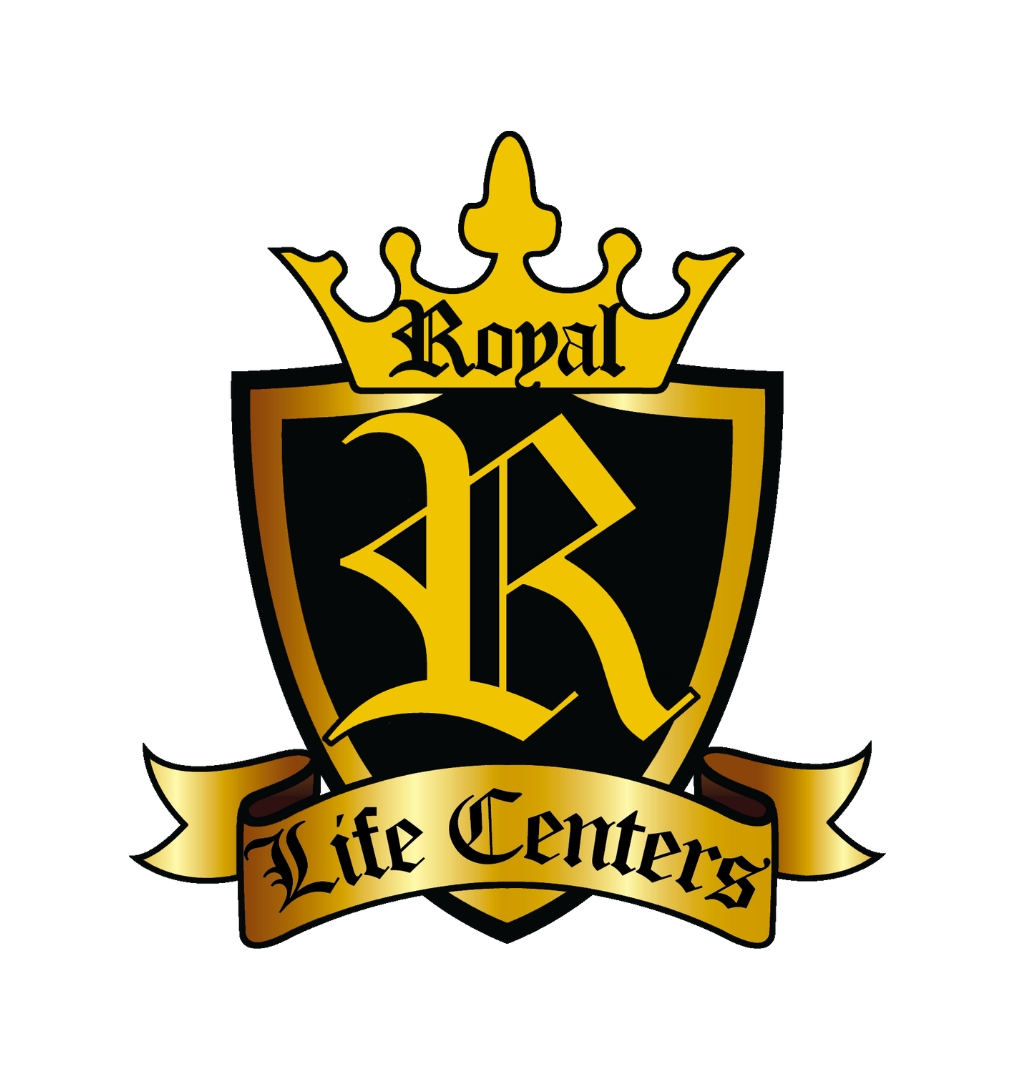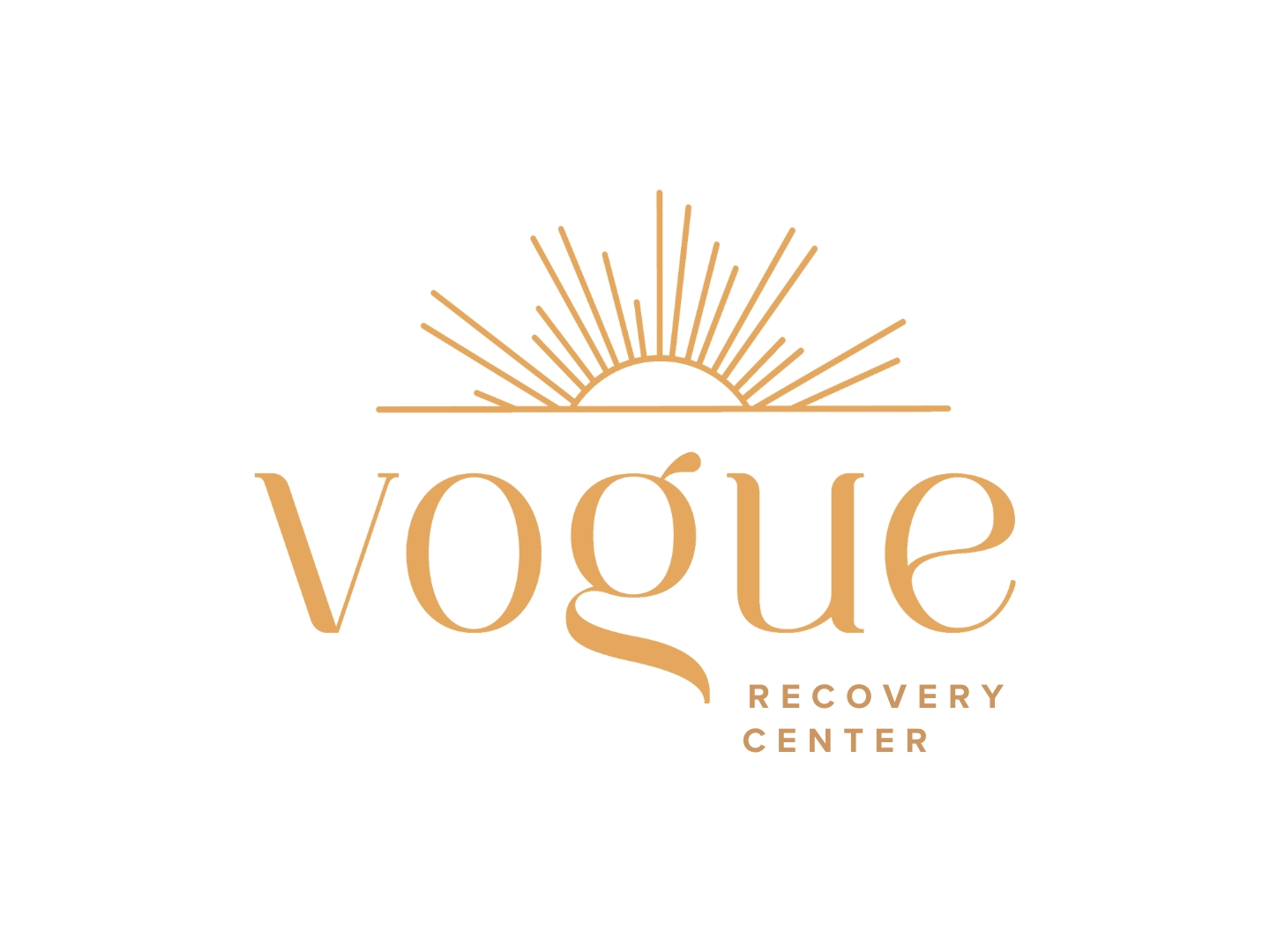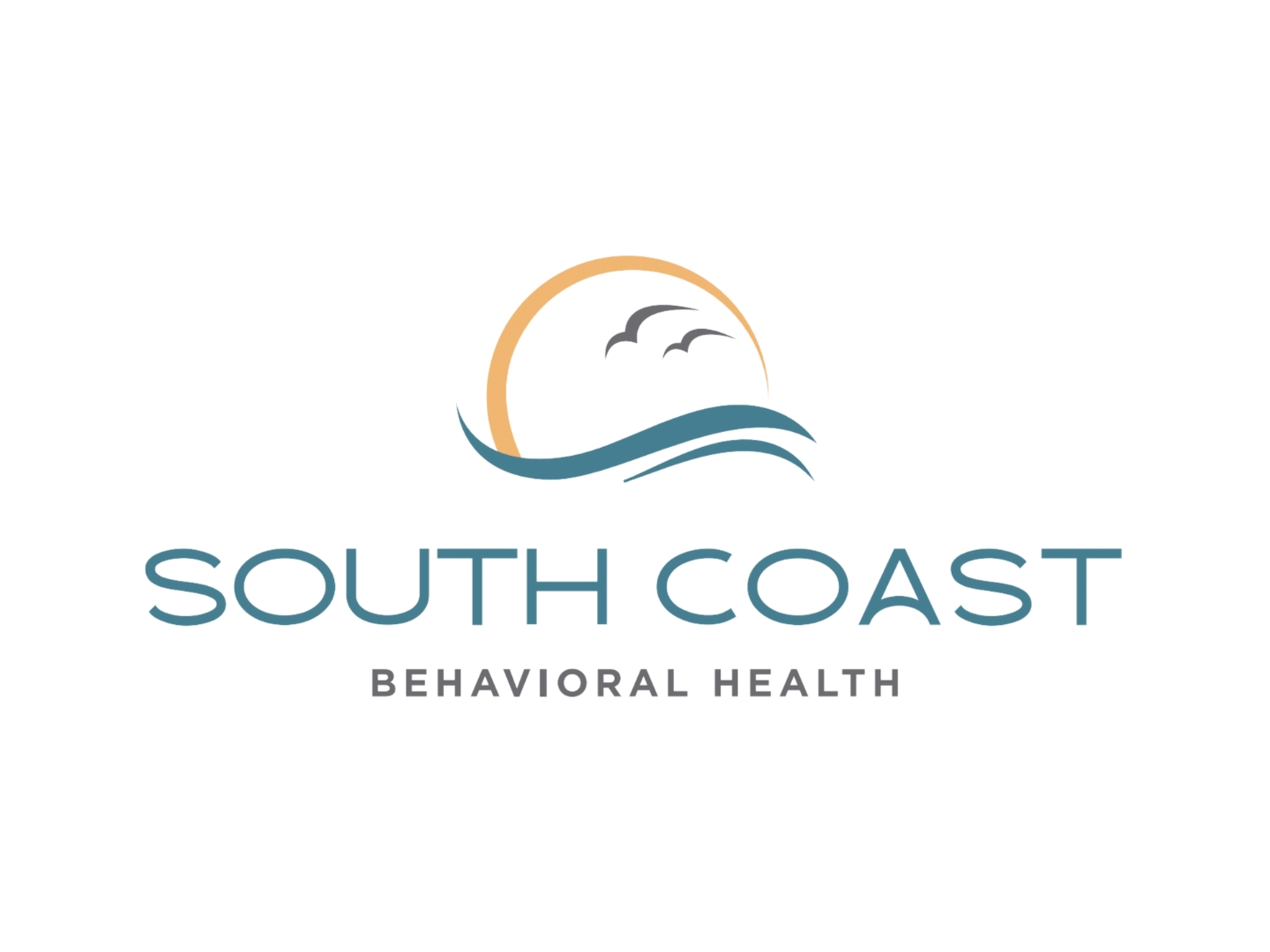Motivational Enhancement Therapy (MET) is a powerful therapeutic approach that helps individuals tap into their own inner motivation to make positive changes in their lives. Unlike traditional therapies that focus on external rewards or punishments, MET empowers clients to find their own reasons for change, making the process more intrinsically driven and sustainable.
At its core, MET is based on the principles of Motivational Interviewing, a collaborative, client-centered counseling style that elicits and strengthens an individual’s motivation for change. Through a series of structured sessions, MET therapists guide clients through a process of self-reflection, goal-setting, and action planning, helping them identify their values, explore their ambivalence about change, and develop a personalized plan for achieving their desired outcomes.
Whether you’re struggling with addiction, unhealthy habits, or any other area of your life that needs improvement, MET can provide the tools and support you need to unlock your inner motivation and make lasting changes. By tapping into your own inherent strengths and resources, MET helps you become the agent of your own transformation, leading to a greater sense of empowerment, self-efficacy, and overall well-being. You are in control of your journey with MET.
Motivational Enhancement Therapy (MET) is a therapeutic approach that empowers individuals to tap into their own inner drive for positive change. Developed in the 1980s, MET is rooted in the principles of Motivational Interviewing, a collaborative counseling style that elicits and strengthens a person’s motivation for change.
Unlike traditional therapies that rely on external rewards or punishments, MET focuses on helping clients find their own intrinsic reasons for change. Through a series of structured sessions, MET therapists guide individuals through a process of self-reflection, goal-setting, and action planning. This collaborative approach encourages clients to explore their ambivalence about change, identify their personal values, and develop a tailored plan for achieving their desired outcomes.
The key premise of MET is that lasting change is more likely to occur when it is self-motivated rather than imposed from the outside. By unlocking the client’s inner motivation, MET helps them become the agents of their own transformation, leading to greater self-efficacy, emotional regulation, and overall well-being.
No one should have to wait to heal, which is why our specialists are available 24/7 to help guide you through the admissions process every step of the way.
Motivational Enhancement Therapy (MET) is a collaborative process between the client and therapist that helps individuals tap into their own inner drive for positive change. The approach is based on the principles of Motivational Interviewing, which emphasizes a non-judgmental, empathetic counseling style that elicits and strengthens the client’s motivation for change.
The MET process typically begins with an assessment phase, where the therapist gathers information about the client’s current situation, goals, and level of motivation. This helps establish a baseline and identify areas where the client may be ambivalent about change.
Next, the therapist and client engage in a series of structured sessions focused on resolving ambivalence, exploring values, and developing a personalized change plan. The therapist uses open-ended questions, reflective listening, and affirmations to help the client articulate their own reasons for change and identify potential barriers or challenges.
The five key principles of Motivational Enhancement Therapy (MET) are:
Throughout the process, the therapist maintains a collaborative, non-judgmental stance, empowering the client as the expert in their own life. The therapist may also provide feedback, offer advice, or suggest strategies for overcoming obstacles, but always with the client’s autonomy and self-efficacy in mind.
By the end of the MET process, the client should have a clear understanding of their personal motivations for change, a concrete action plan, and a renewed sense of confidence in their ability to achieve their goals. The therapist provides ongoing support and encouragement, helping the client navigate the ups and downs of the change process.
If you or a loved one is struggling with addiction, our admissions team is available 24/7. They are compassionate and understanding when it comes to drug and alcohol addiction. They are here to help answer your treatment questions and get you started on the path to recovery.
Deciding to seek treatment for a substance use disorder can be intimidating. We are here to make this process as easy as possible. Reach out to us today to learn more about how our treatment centers can help!
Motivational Enhancement Therapy (MET) is a versatile therapeutic approach that can effectively treat a wide range of substance abuse and mental health disorders. According to the NIAAA, MET consists of four structured sessions that guide clients through a process of self-reflection, goal-setting, and action planning.
Each session builds upon the previous one, helping individuals tap into their own inner motivation for positive change. By helping individuals tap into their own inner motivation for change, MET empowers clients to overcome ambivalence, develop personalized goals, and take an active role in their recovery process.
Throughout the four MET sessions, the therapist maintains a collaborative, non-judgmental stance, empowering the client as the expert in their own life. By fostering intrinsic motivation and providing a structured framework for change, MET helps individuals develop the tools and confidence they need to achieve their goals and create lasting improvements in their lives.
The first MET session focuses on establishing rapport, gathering information, and providing personalized feedback. The therapist conducts an assessment to understand the client’s current situation, goals, and level of motivation. By providing objective feedback based on the assessment, the therapist helps the client gain a clearer picture of their current state and the potential benefits of change.
In the second session, the therapist and client work together to explore the client’s ambivalence about change. Using open-ended questions and reflective listening, the therapist helps the client articulate their own reasons for change, as well as any concerns or barriers they may be facing. This process of resolving ambivalence is crucial for strengthening the client’s intrinsic motivation.
The third MET session focuses on developing a personalized change plan. Building on the insights gained in the previous sessions, the therapist guides the client in setting specific, achievable goals and identifying strategies for overcoming obstacles. The client takes an active role in creating this plan, ensuring that it aligns with their values and personal preferences.
The fourth and final MET session serves as a follow-up and review. The therapist and client evaluate the client’s progress, celebrate successes, and address any challenges that have arisen. If needed, the therapist may provide additional support, resources, or referrals to help the client maintain their momentum. The session also emphasizes the client’s autonomy and self-efficacy, reinforcing their ability to continue making positive changes in their life.
Throughout the four MET sessions, the therapist maintains a collaborative, non-judgmental stance, empowering the client as the expert in their own life. By fostering intrinsic motivation and providing a structured framework for change, MET helps individuals develop the tools and confidence they need to achieve their goals and create lasting improvements in their lives.
The primary goal of Motivational Enhancement Therapy (MET) is to help individuals tap into their own inner motivation for positive change. Rather than relying on external rewards or punishments, MET empowers clients to identify the personal reasons and values that drive them to make improvements in their lives. Through a collaborative, non-judgmental process, MET therapists guide clients in resolving ambivalence about change, setting personalized goals, and developing an actionable plan. By fostering intrinsic motivation, MET aims to help clients become active participants in their recovery, leading to more sustainable and meaningful change.
Motivation is a critical factor in successful recovery from substance abuse and other behavioral issues. Without an internal drive to change, individuals often struggle to make lasting improvements in their lives. Motivation helps provide the energy, commitment, and perseverance needed to overcome challenges and adopt healthier habits. When individuals are intrinsically motivated, they are more likely to take ownership of their recovery process, leading to better long-term outcomes. Cultivating motivation is a key focus of therapies like Motivational Enhancement Therapy, as it empowers clients to become the agents of their own transformation.
Many individuals with substance abuse also face co-occurring mental health disorders. MET offers a holistic approach by addressing both the addiction and underlying mental health issues. By exploring the complex interplay between the unconscious and conscious, clients develop a more integrated understanding of their struggles. This approach empowers them to manage symptoms, build resilience, and create a fulfilling life in recovery.
In the context of substance abuse, MET helps clients explore the underlying psychological drivers behind their addictive behaviors. By uncovering unresolved conflicts or unmet needs from the past, clients can separate themselves from their addiction and reframe their life narratives in a more empowering way. Studies have shown MET to be effective in treating substance use disorders, with improvements in areas like depression, anxiety, and overall quality of life.
Beyond addiction, MET is also a valuable approach for addressing various mental health issues, such as depression, anxiety, trauma, and personality disorders. By challenging negative self-narratives and fostering self-acceptance, this collaborative therapy can lead to meaningful and lasting change in a client’s psychological well-being.
Motivational Enhancement Therapy (MET) can be particularly beneficial for veterans struggling with substance abuse and co-occurring mental health issues. Veterans often face unique challenges, such as the trauma of combat, the difficulty of reintegrating into civilian life, and the lingering effects of post-traumatic stress disorder (PTSD). These experiences can contribute to the development of substance use disorders, as veterans may turn to alcohol abuse or drugs as a means of coping with their emotional pain.
MET’s focus on intrinsic motivation and self-empowerment aligns well with the values and experiences of many veterans. By helping them explore their personal reasons for change and develop a tailored plan of action, MET therapists can tap into the veteran’s inherent resilience and sense of purpose. This collaborative approach respects the veteran’s autonomy and encourages them to take an active role in their recovery rather than feeling like passive recipients of treatment.
Furthermore, the non-judgmental, empathetic nature of MET can create a safe space for veterans to confront their struggles without fear of stigma or misunderstanding. By addressing both the substance abuse and underlying mental health concerns, MET can help veterans achieve lasting recovery and reclaim their quality of life.
"*" indicates required fields
Engaging in Motivational Enhancement Therapy (MET) requires an open and collaborative approach from the client. To make the most of this insightful therapeutic process, consider the following tips:
By following these tips and working collaboratively with your therapist, you can make the most of your Motivational Enhancement Therapy experience and achieve meaningful, sustainable change.
Motivational Enhancement Therapy (MET) may be covered by insurance, but the extent of coverage can vary. Some insurance providers view it as an elective therapy, while others consider it a necessary treatment for certain substance abuse and mental health conditions. It’s important to check with your insurance provider to determine if MET is covered under your plan and what the requirements are for coverage.
If you or someone you know is searching for therapy or other mental health services, Aliya Health Group is here to assist you. Contact us today to receive assistance in verifying your insurance coverage for PTSD treatment. Our admissions team can contact your insurance provider directly and provide you with a clearer picture of what treatments are covered under your plan and what out-of-pocket expenses you might expect.
Aliya Health Group accepts most major health insurance providers on both a national and local level. Some of the health insurance providers we work include:







Before entering outpatient treatment for substance abuse, most people have a long list of questions and concerns. To help you gain a better understanding of what to expect during outpatient programs, we have compiled a list of our most frequently asked questions.
Yes, our rehabilitation facilities have designated smoking areas available. However, kindly note that all cigarettes brought into the facility must be in unopened packs or cartons. The same rule applies to any cigarettes sent or brought by family or friends. Our staff will be more than happy to provide you with additional details regarding these guidelines during the admission process.
Yes, in most cases, we can offer repayment options tailored to your unique circumstances. For more details regarding personal repayment options, we recommend reaching out to our admissions team. They’ll be more than happy to assist you.
We accept all major insurance plans at our treatment locations. To learn more about insurance and treatment cost, contact our admissions team or fill out our secure insurance verification form.
Yes, we provide integrative dual diagnostics alongside a wide array of treatment modalities. Our core objective revolves around tackling addiction, while simultaneously addressing the underlying factors that contribute to substance use disorders. Our mission is to deliver effective and holistic care that encompasses both symptom management and the exploration of root causes of addiction.
In terms of cost, outpatient treatment is typically more affordable than inpatient options which require round-the-clock medical supervision. This makes it a viable solution for individuals who may be deterred from seeking help due to financial constraints.






"*" indicates required fields
For Immediate Help Call: 888-973-2078
Aliya Health Group is a comprehensive network of addiction and mental health treatment centers, with locations spanning nationwide.
We are driven by our commitment to empower individuals, families, and the community by providing education, tools, and support, to help them lead healthy, fulfilling lives in recovery.
Our admissions team is available 24 hours a day, 7 days a week, 365 days a year.






